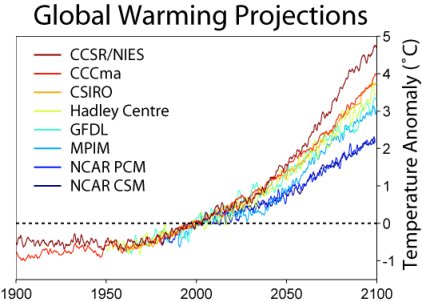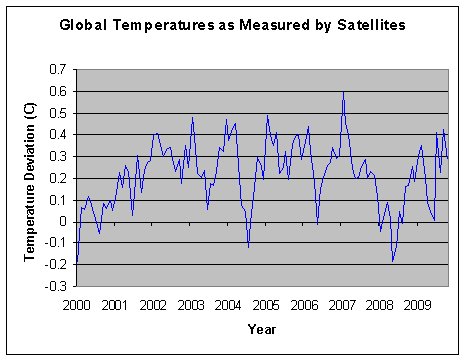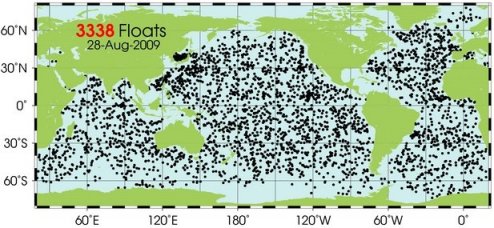I ran across an old news story yesterday, and I decided I had to comment on it, because it is a great example of what happens when people rush to “go green” without thinking of the consequences.
The story reports on several communities that have changed the incandescent light bulbs in their traffic lights to LED lights. The LED lights produce a lot of light without producing much heat. Thus, for the same light output, they don’t use nearly as much energy. As a result, they cost less to run, and they are promoted as a green alternative to the old-style incandescent traffic lights.
Of course…there is only one problem. In snowy conditions, these LED traffic lights are responsible for causing traffic accidents and, according to the news story, at least one death. Why? Specifically because they don’t produce much heat. When it snows, the snow can cover up the lights on a traffic light. However, since the old-style incandescent lights produce a lot of heat, they melt the snow. That way, the snow doesn’t cover up the traffic lights. The LED lights don’t produce much heat, so the snow doesn’t melt. Instead, it covers up the light, making it impossible to see whether the traffic light is telling you to stop or go.
What’s to be done about this? According to Lt. Jim Runge of the Green Bay, Wisconsin police:
as far as I’m aware, all that can be done is to have crews clean off the snow by hand…It’s a bit labor-intensive.
Now the article says that Wisconsin saves a LOT of money by putting in the LED lights, and even though they have to hire crews to clean them off during snowstorms, there is still a net savings. That might be true, but I would have to see the actual numbers to be certain. Also, if you add in all the carbon dioxide emissions required to take crews from traffic light to traffic light in order to clean them all, it is not clear that this is reducing Wisconsin’s “carbon footprint.”
Of course, even if there is a net savings in both cost and emissions for Wisconsin, it is done at the expense of people’s safety. I expect some “environmentalists” have no problem with that. However, this environmentalist thinks that people are a part of the environment, and they should be protected as well.




